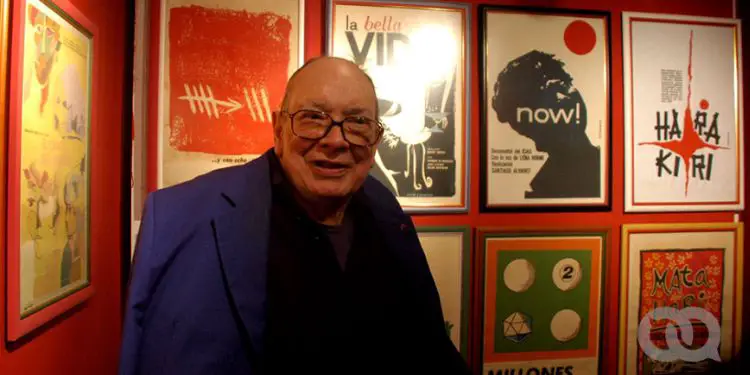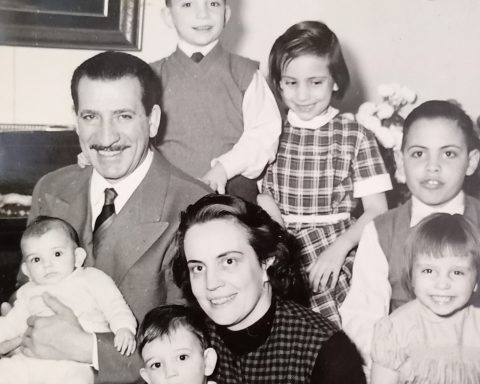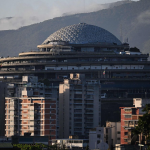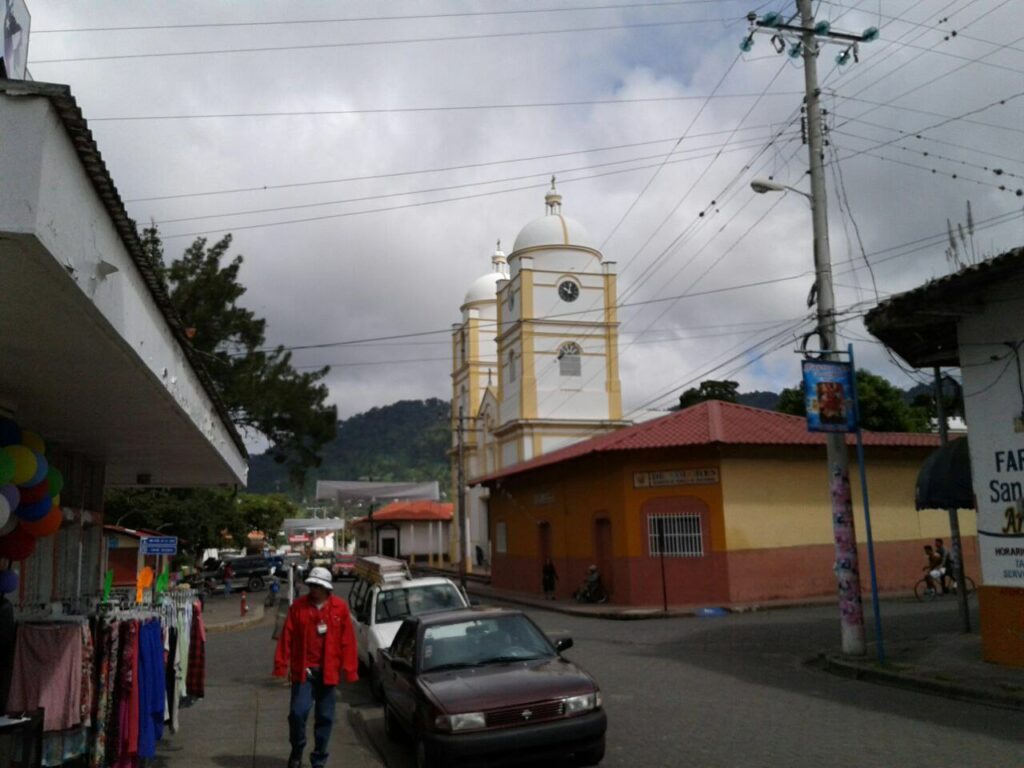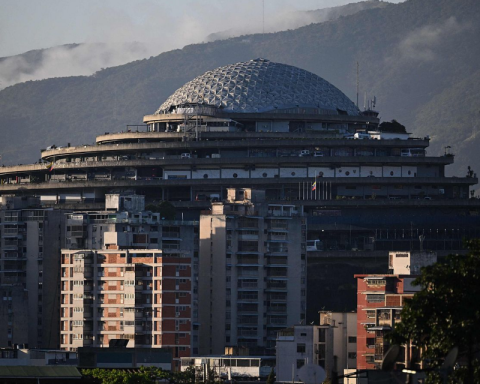Havana Cuba. – On April 19, 2013, 10 years ago, one of the most voracious censors among the many that gave birth to the Cuban Revolution died: Alfredo Guevara, lawyer and fellow student of the dictator Fidel Castro; an obscure subject who since 1959 was in charge of controlling the film industry, putting it at the service of the new political-ideological order.
Alfredo Guevara founded the ICAIC and from there he devoted a doglike loyalty to the “maximum leader”. Behind the great lie of the most just and humane society, praised by the media and left-wing intellectuals who refused to recognize the Castro government for what it really was, hides the true nature of those who were much more dogmatic. and terrible than you think.
Due to whims and favoritism, Guevara maintained, for decades, the right to decide who could make a film with the backing of ICAIC and exhibit it at the New Latin American Film Festival ―which he also founded―; and who had to go find a life elsewhere, no matter how talented. It was enough that something was uncomfortable in the work or in the person of the director. Guevara had to be flattered, reasoned with, and liked.
According to the director Juan Carlos Cremata, Guevara had few benefits behind him, but one of them was the possibility of seeing interesting auteur film series, of excellent quality and of various nationalities. In the same way, very good materials were not seen in Cuba because he did not like them, and it did not matter if those works enjoyed an enormous critical fortune in the international arena. The “owner” of the ICAIC had the pretension of imposing a taste in the matter of cinema.
As a good censor, Alfredo Guevara claimed the right to affirm that Cuban cinema could only be made in Cuba, and even to denationalize certain filmmakers who, for opposing the oppressive cultural policy of the Revolution, had been swept from the official history of Cuba. island cinematography.
Much and good was done under his aegis at ICAIC, certainly; but much of it had more to do with the professional excellence of filmmakers who surpassed him from every point of view, than with his willingness to accept projects that could be “ambiguous” or “conflicting” for the censors of the Central Committee.
The ICAIC was a small kingdom for Alfredo Guevara, just as the whole of Cuba was for Fidel Castro. There -according to those close to him- he poured out his despotism at will, inflated budgets, “seized” projects and reminded the rebellious filmmakers who he was boss.
